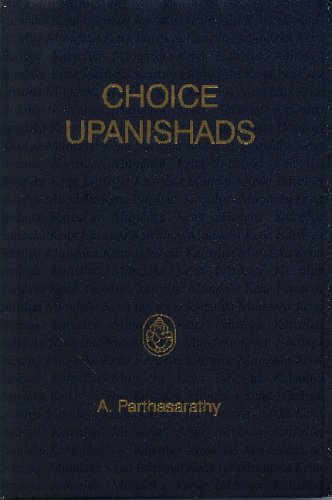
Truth alone wins, never untruth. Truth lays out the divine path by which the sages, freed from impurities, indeed ascend to that Supreme Abode of Reality.
– Mundaka Upanishad of Atharva Veda, 3.1.6
The Vedas are humanity’s oldest spiritual textbooks, dating back thousands of years into antiquity. They are four in number, namely the Rig, Sama, Yajur and Atharva Vedas. They are not the work of any single author or group, but a digest of the wisdom of a galaxy of sages and saints. From the time of the first Rigveda to the last Atharvaveda itself is a span of at least a thousand years. Thus, they form the earliest unbroken spiritual lineage in human history continuing to this day.
Each Veda is divided into four parts; the first three are called Mantra, Brahmana and Aranyaka and collectively consist of prayers, rituals and ceremonies, both public and private. The fourth and last part of each Veda is called Upanishad, which contains profound philosophical and spiritual teachings on the nature of the Ultimate Reality, Self, God. These teachings of the Upanishads are also called Vedanta, which literally means the “end of the Veda”.
The Upanishads contain the highest knowledge known to humanity. They explain the Reality underlying the universe called Brahman, Truth, God. This Reality is the goal of human existence as it is the abode of Infinite Bliss and Immortality that all humans seek and will not be satisfied unless they attain It. This same Reality functioning within an individual is called Atman, Self. Uncovering the Self within merges the individual with the Supreme Brahman. This is Self-Realization, Spiritual Enlightenment.
The Upanishads also provide a practical wisdom of life that can be applied in one’s daily life all the way to Enlightenment. Learning and practice of this wisdom bestows peace, harmony and prosperity to the individual and society as a whole. When this knowledge was being practiced by most people in ancient India, it was a time of great peace and harmony, called “Satya Yuga“, the Age of Truth. Unfortunately, with time and multiple external invasions and their influence, the transmission of this knowledge was interrupted and it remained confined to fewer and fewer people over the ages.
The primary ritual described in the Vedas is the fire sacrifice (Yagna). This ritual has a deep philosophical significance which was explained in the Upanishads and later in the Bhagavad Gita which is elaborated in this video.
To continue your study of Vedanta watch Gautamji live online every week teaching Bhagavad Gita and Vedanta

The Upanishads are hundreds in number, but only a few are considered particularly ancient and authentic. Four of these principal Upanishads namely Kena, Isa, Kaivalya and Mundaka, are commented upon verse by verse in Swami A. Parthasarathy’s book Choice Upanishads. To gain a thorough insight into the profound wisdom of the Upanishads we recommend you read this book:
